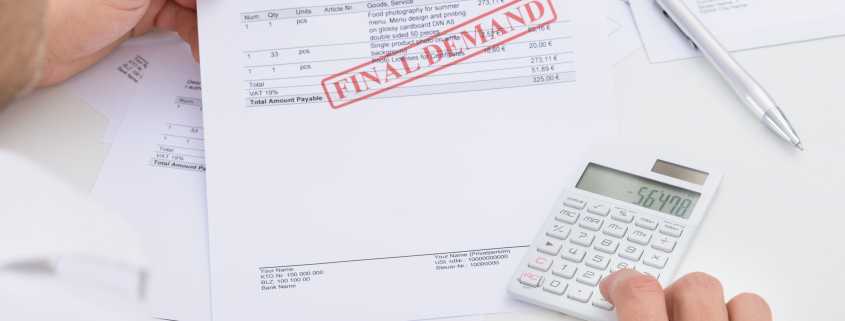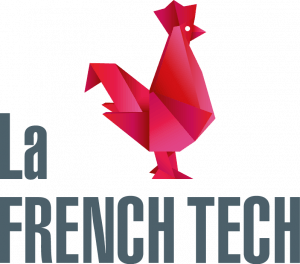How to obtain recovery of unpaid bills?
When a company is in business, some of its customers may not pay their invoices on time. Such a delay can have serious consequences for the company in question. Indeed, an unpaid invoice can have a negative impact on a company's cash flow and destabilize its financial balance. Therefore, and to avoid that these consequences get worse, it is essential tohave recourse to to collection of unpaid invoices.
Framed by the law, this process will allow the use of procedures for the recovery of unpaid debts in order to obtain the payment of a debt from a debtor. Indeed, during a dispute between the creditor (the one who receives the money) and the debtor (the one who owes the money), both parties are involved. A default of payment can lead the creditor to ask the debtor for a repayment of the debt and to carry out a procedure of recovery of the debt.
The elements to take into account before starting a collection process of unpaid bills
The essential characteristics of a debt for a collection procedure
The debt, being a sum of money in most cases, must respect certain characteristics to really exist. Indeed, for a debt (or a claim) to be considered as such, it is said that it must be liquid, due and certain.
- A claim is considered to be liquid when its cost can be precisely determined. This precise amount must be mentioned in a document or a contract in order to start a collection process for unpaid debts. Creating an approximate price range or estimate of a debt does not qualify it as liquid.
- L'exigibility of a debt is defined by the deadline by which it can be paid. This due date must be clearly indicated in the contract or invoice binding the parties. A debt becomes unpaid as soon as it exceeds the due date. Before initiating a procedure for the collection of unpaid debts, it is essential to check whether the debt is due.
- When a claim is qualified as certainthis means that the creditor's product or service has been received by the customer and that the sale has been effective. The payment must therefore be due and must be able to be justified. On the other hand, drawing up an estimate does not correspond to a definite debt.
Who should I contact to collect my outstanding debts?
Many experts are available to assist a company in its efforts to collect unpaid bills. There are mainly 3 types of professionals who work in this field of activity:
- The lawyers are professionals who can represent you in court. They can accompany you in your efforts and allow you to win your case against your debtor. However, the fees of this type of profession are often high and can dissuade you from starting a collection process. Indeed, it is possible that the fees are more thanThe fees may be higher than the amount your debtor owes.
- The bailiffss of justiceThe bailiffs, in the same way as a lawyer, they remainnt thes professionalss specialists in collections debt collection. Bailiffs have the capacity to seize, which allows them to put additional pressure on the debtor to honor his debt. On the other hand, the potential legal fees and costs are often very penalizing for the creditor.
- Firms specializing in the collection of unpaid bills such as Legalcity are a good alternative to make your collection request collection request online.. Indeed, there are many advantages to prefer the online collection process. Using an online debt collection platform allows you to time saving by avoiding unnecessary travel. In the same way, these platforms doalso give you also give you the opportunity to to reduce the payment delays of your debtors while preserving the customer relationship. In addition, the cost of this type of online service is particularly low compared to law firms and to bailiffs.
Amicable collection procedures
An amicable collection procedure is defined as a method by which the creditor negotiates with the debtor to recover the amount owed. This action can be implemented by the creditor himself himself or herself, but he or she can also obtain the help of a third party. This mediation stage allows the parties to come to an agreement and and find a common agreement for the settlement of the debt. To do this, the creditor can send a letter to the debtor. This letter must state the names of the parties in dispute, the amount owed as well as the time remaining for payment.
Judicial collection procedures
If the mediation phase is not successful, the creditor may decide to initiate a judicial judicial recovery procedure by bringing the matter before the competent court. Thus, the justice will be able to exercise its power at different degrees according to the amount of the debt.
- A order to pay can be set up for small debts in particular. This order to pay is brought to the debtor by way of a bailiff. This method is simple, inexpensive and can allow to unblock a payment from a debtor.
- In the same way, a summons in summary proceedings can put pressure on the debtor to honor the debt. The writ of summons gives the debtor one month to make payment to the creditor.
- In the event of a dispute involving a large amount of money and with serious consequences for the creditor, a summons on the merits is possible. During this procedure of judicial recovery, the delays are longer. Moreover, the amount of the claims must be able to cover the cost of the fees during the whole period of jurisdiction. If this is not the case, it is not advisable for the creditor to make a summons on the merits.
Go further further :
Article Legalcity : Debt collection between individuals
Our online collection solutions : debt collection





Leave a comment
Join the discussion?Feel free to contribute!